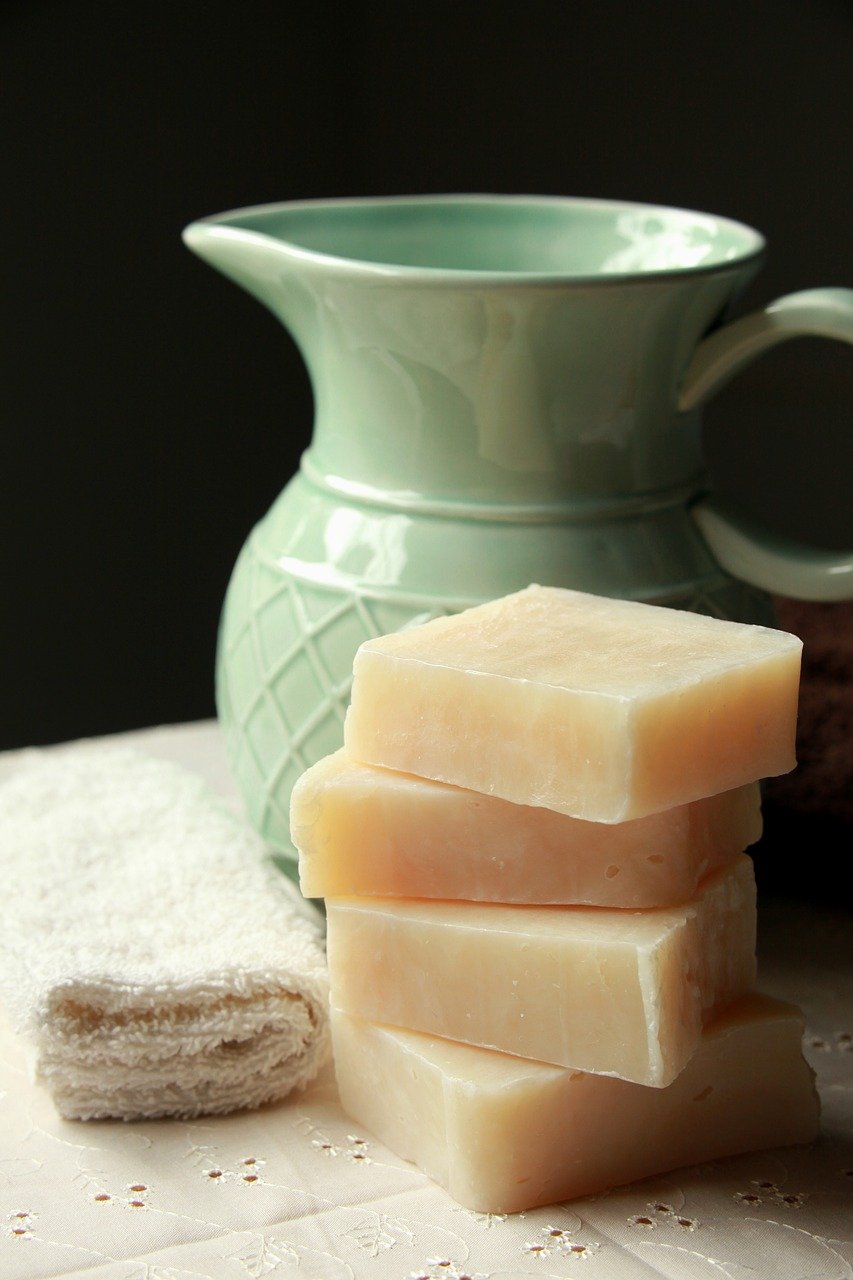In a world dominated by mass-produced products, handmade goods are making a comeback for good reason. One such example is handmade soap, a product that not only benefits consumers with its natural ingredients but also supports small businesses and local economies. By choosing to buy handmade soaps, consumers are making a conscious decision to invest in quality, sustainability, and community growth. This shift is not only changing the skincare industry but is also creating meaningful impacts on small-scale entrepreneurs and artisans.
The Economic Impact of Handmade Soaps
Small businesses are the backbone of many economies, and handmade soap-making is an excellent example of how these enterprises contribute to economic growth. Unlike large corporations, small soap-makers often operate within local communities, sourcing their ingredients from nearby farms, markets, and suppliers. This creates a ripple effect, as money spent on these soaps stays within the community, benefiting other local businesses.
Moreover, small soap-making businesses typically offer more employment opportunities within their communities, particularly for artisans and skilled laborers. These businesses provide jobs, training, and skills development, fostering economic independence. Handmade soaps are often produced by family-owned businesses, cooperatives, or local artisans, ensuring that the profits circulate back into the community rather than being absorbed by large multinational companies.
Environmental and Social Benefits
Handmade soap businesses are usually deeply committed to sustainable and ethical practices. Many small producers prioritize natural, eco-friendly ingredients and environmentally responsible production methods, reducing the overall carbon footprint. This dedication to sustainability aligns with growing consumer demand for products that are both safe for the skin and for the environment.
Additionally, handmade soap makers often use traditional techniques that preserve craftsmanship and reduce waste. These small-scale operations tend to produce less pollution and require fewer resources than large, automated factories, making them a greener option for consumers. By supporting these businesses, individuals also contribute to environmental conservation and sustainable living.
Handmade Soaps and Community Well-being
Purchasing handmade soaps isn’t just about supporting small businesses; it’s also about fostering a sense of community. Many small soap businesses operate on a direct-to-consumer model, selling their products through local markets, artisan fairs, and online platforms. This helps build personal relationships between the makers and the buyers, creating a more meaningful shopping experience.
Supporting local artisans by purchasing handmade soaps also helps preserve traditional crafts and skills. It empowers individuals, especially those in underserved or rural communities, to leverage their expertise and creativity to build a livelihood. The focus on quality over quantity ensures that consumers receive a unique, personalized product that reflects the dedication and hard work of the maker.
Subheccha: Empowering Rural Women through Handmade Soaps
Subheccha is one such small endeavor that emphasizes the importance of community and economic empowerment. Their soaps are handcrafted by rural women, providing them with a sustainable source of income and financial independence. Through soap-making, these women are able to support their families while also contributing to their local economies. By using natural, farm-sourced ingredients, Subheccha not only delivers a quality product but also ensures that their business benefits both the environment and the artisans behind each bar.
Supporting Subheccha’s handmade soaps is more than just a skincare choice; it’s a way to contribute to a larger mission of economic empowerment, sustainability, and community development.
By Vaayun Sachdeva
